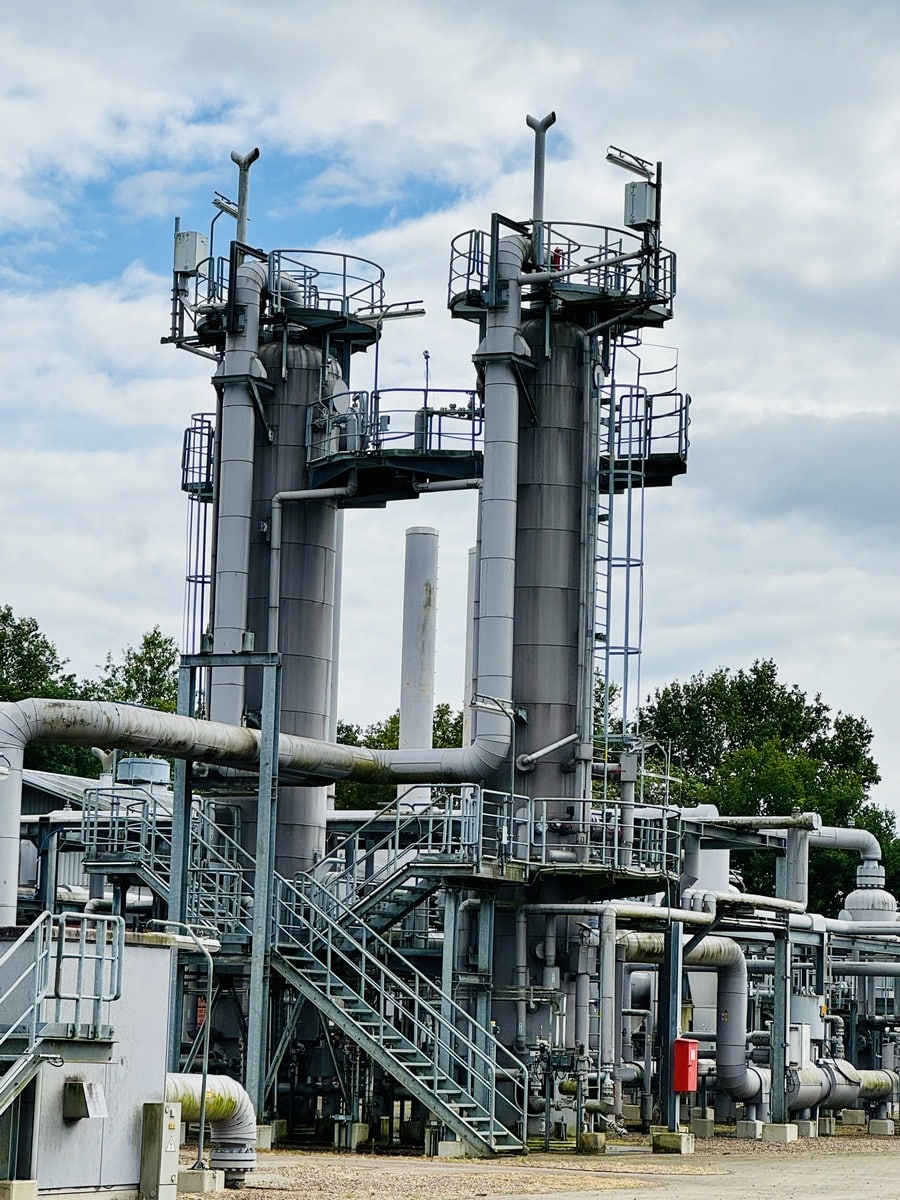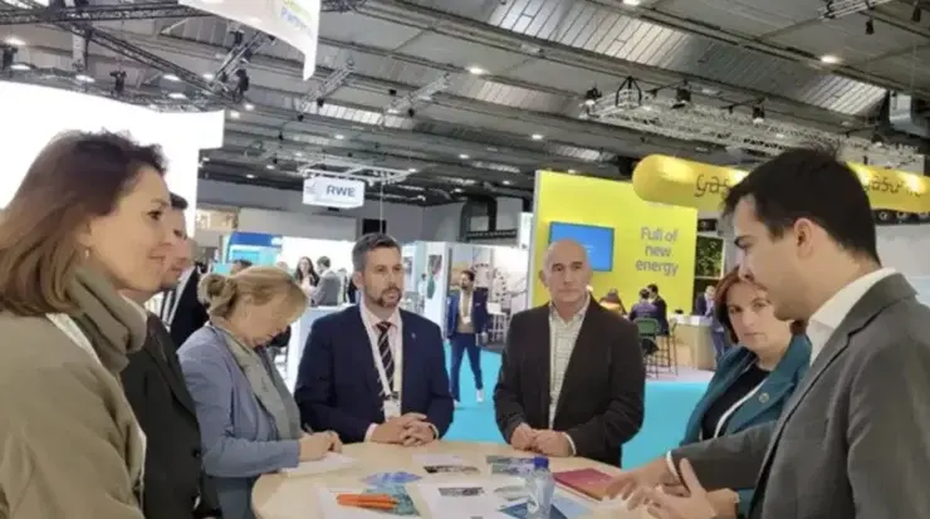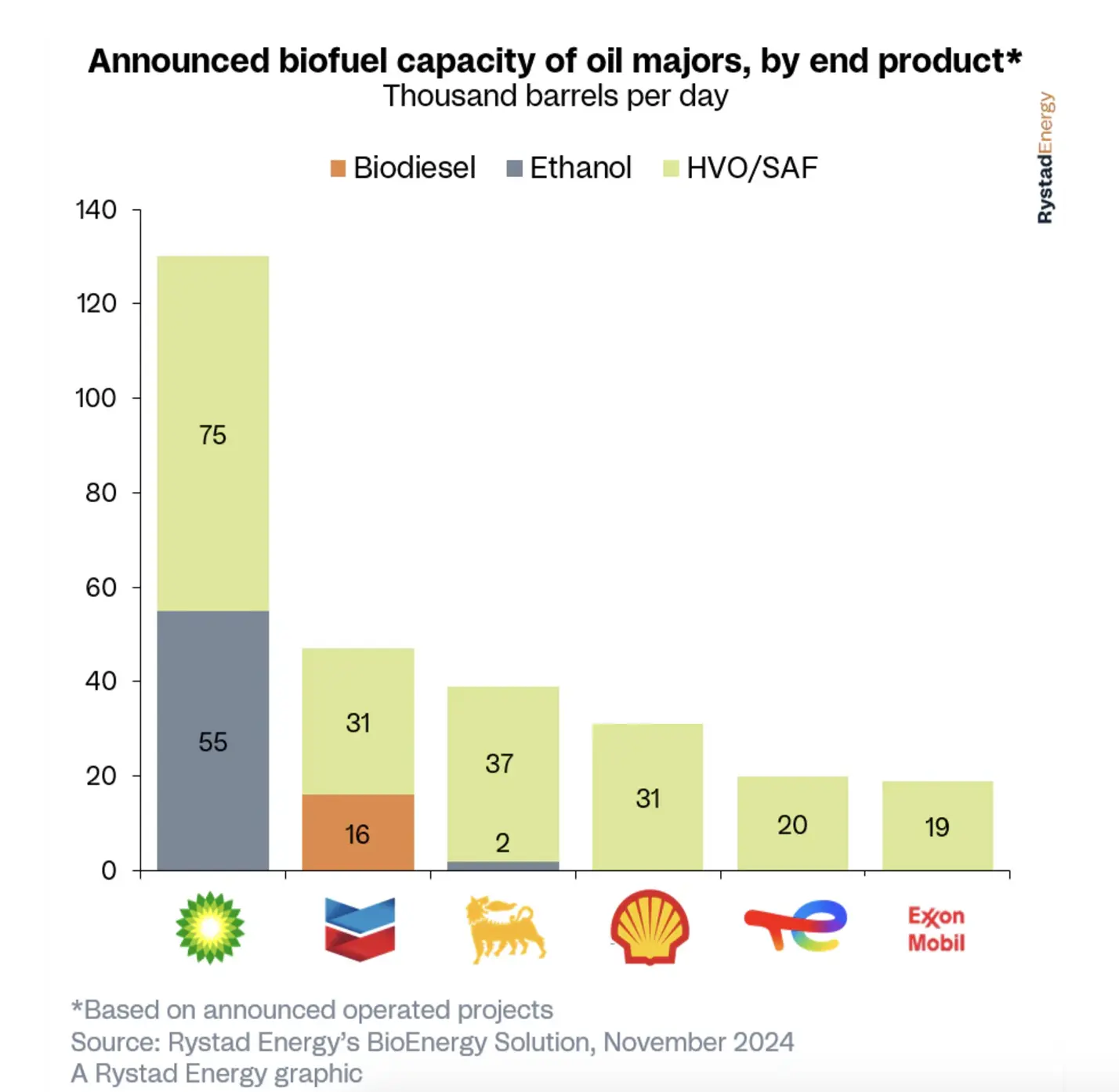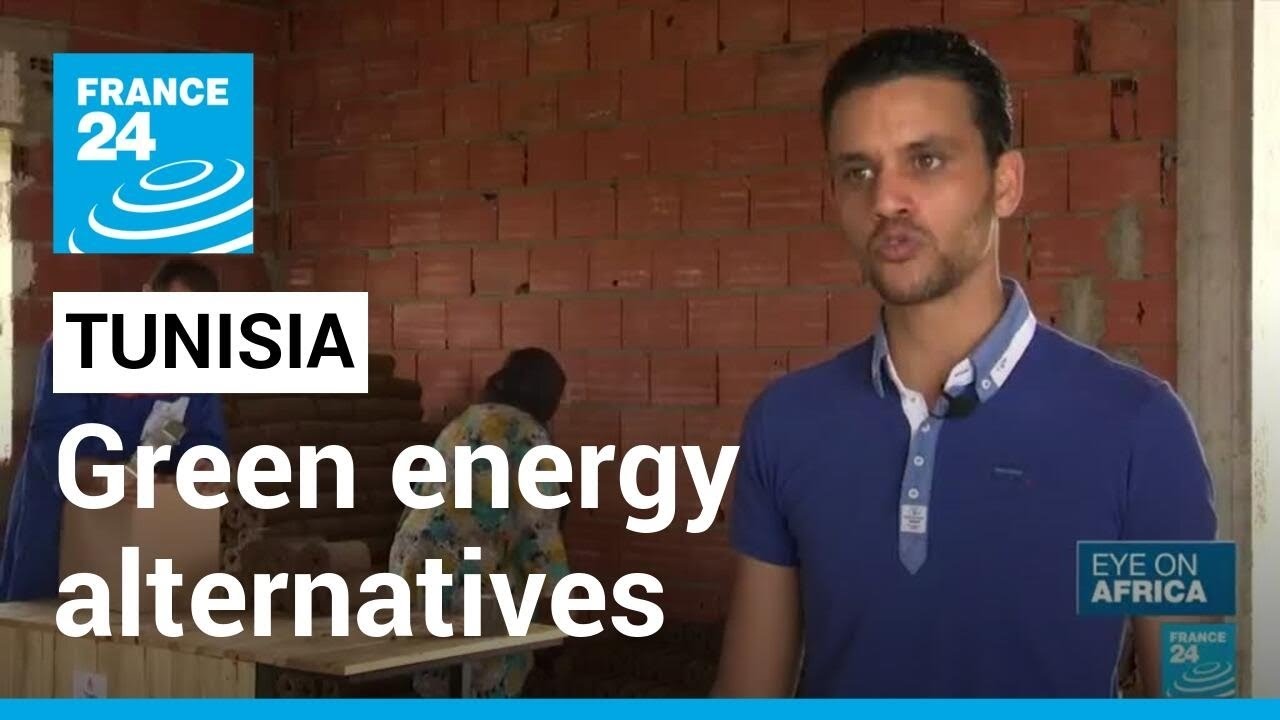
Interview with Dr. Kai Fischer, Director at RWTH Aachen
The efficient scaling of green hydrogen production technologies is an essential step in making hydrogen an economically sound part of the energy transition. With regard to this necessary and massive capacity expansion, the plastics industry has a lot to offer as far as the hydrogen industry is concerned, because plastics are high-performance materials whose property profile can be engineered very precisely for the intended application. Additionally, the processing technologies in the plastics industry allow high-tech components to be produced efficiently and in large numbers. Dr. Kai Fischer, scientific director at the IKV and responsible for the topic hydrogen economy, explains in this H2-international interview why the exchange between the two industries is so important, what significance plastics have for the scaling of hydrogen technologies, and how the cooperation between the participating industry partners is to be continued in the “Hydrogen Business and Technology Forum”.
H2-international: Following the hydrogen study produced in the past two years, there now is the “Hydrogen Business and Technology Forum” to intensify the exchange between the hydrogen industry and the plastics industry. Why is that now important?
Fischer: Hydrogen is intended to become the backbone of the energy turnaround. Today, approx. 96 % is obtained from fossil resources such as natural gas and coal. Only 4 % is produced by electrolysis. For this – as some people may remember from school – water is broken down into hydrogen and oxygen using electricity. Electrolysis is the way to produce “green”, i.e. climate-neutral, hydrogen. And even for this 4 % electrolysis, only a small proportion of renewable energy is currently being deployed. Consequently, only a very, very small part of the production capacity is at present suitable for producing green hydrogen. Yet all today’s projections are aimed at producing green hydrogen. It is indeed important to see that a great deal needs to be done here with completely new development work. Large numbers of electrolysers and the corresponding infrastructure have to be put in place. That again means working with large numbers, and large numbers are always predestined for plastics. For this reason, we believe that plastics are the enablers to make hydrogen production economically scalable.
And that is why you believe the plastics industry must get together with the hydrogen industry to exchange information and ideas?
Exactly. The people in the hydrogen industry are familiar with all the requirements of the process engineering plants, the media, the temperatures, the pressures etc. But, of course, they think not in plastic but in metal. It is not the case that the construction can simply be switched from metal to plastic. That would not bring any advantages. In order to find new solutions for the requirements of systems, it is necessary to go beyond substituting single metal components with single plastic components, and to look at functional integration. Precisely for this, this application know-how must be communicated so that the plastic value chain can say how solutions would ideally look in plastics.
Are there already examples in the hydrogen industry?
Yes of course. As an example, let us look at the end plates of a fuel cell. Here, many media have to be conveyed, both gaseous and liquid. Connections also have to be integrated. If they are made of metal, it means that a very large number of individual components have to be mounted. In the meantime, there are some applications in which this is solved by a single large injection-moulded part in which all media lines, connections, electronics etc. are already integrated.
This means that the hydrogen industry is not yet aware of the possibilities offered by the plastics industry?
These are two completely different worlds. The facilities for producing or converting hydrogen are classic process engineering plants. They consist predominantly of stainless steel with stainless steel pipes. The producers of such plants are indeed only seldom aware of the possibilities offered by plastics. For this reason it is important to bring the hydrogen OEMs with their knowledge of the requirements together with the plastics specialists with their know-how and their technical capabilities. Only in this way can we start to think in terms of highly integrated products that can be automatically manufactured in very, very large numbers. This is an absolute necessity if the scale-up of green hydrogen technologies is to succeed within a reasonable time and at reasonable cost.
How did the idea of a network forum come about?
The idea of a network forum came because, in 2021, we at IKV launched a market and technology study in cooperation with more than 20 companies in order to deal with this issue holistically. The study is, however, only really the basic package. Our aim was always to operate a continuous exchange to identify how plastics can help in establishing hydrogen. For this, we need continuity, and we have now implemented this in the form of this forum, which will meet regularly twice a year. These meetings will be supplemented by continuous technology monitoring. At the kick-off meeting, we also decided that there would be individual workshops on special topics between the meetings.
What were your impressions of the kick-off meeting and what did you think of the content?
It was a great event! We had a total of 50 participants in the room and four keynote presentations that were divided in equal parts between users of hydrogen systems and solution providers from the plastics value chain. We had very open and transparent discussions. In the breaks, the business cards were flying around and everyone was networking on a grand scale. As part of the event, we also charted the course for defining, according to the requirements, the elements of further cooperation for these two target groups.
As far as the content was concerned, I felt that a very lively demand exists for understanding the systems in the various segments – especially on the part of the plastics industry. I also felt that there are many companies who, irrespective of the competition in their hydrogen systems, are prepared to talk about the challenges because they hope for the push of the open-innovation approach – in other words the push from the supplier industry – and want to create competitive advantages through this in future.
Another aspect that I took from the meeting is that the companies in the plastics value chain, some of which are competing with each other, are very open to cooperation. For example, we discussed the fact that we would sound out in the consortium which testing and characterisation processes are available in which companies so that the companies can supplement each other. In this way, it will also be possible to identify supplementary demands and derive measures to realise them. It was truly noticeable that everyone is keen on baking this large pie together instead of generating competition and trying to grab the biggest slice of a small pie. This seemed to me to reflect the spirit of the meeting generally.
As you said at the beginning, the market and technology study forms the basis for this network. What are the most important things you have taken from this?
The hydrogen industry is still driven very much by traditional process engineering plants. An important finding is, however that we do not have to revolutionise the plastics industry in order to offer solutions to the hydrogen industry. Plastics can be compatible and there are numerous applications and good examples for the implementation of highly integrated and function-integrated components. This means that if the scale-up is necessary and the number of pieces must increase, the plastics industry can offer these solutions without reinventing the world. It is possible to transfer a lot from other industries, but it is naturally not necessary to be familiar with the specific applications in order to be able to suggest suitable solutions for the hydrogen industry. The good news is that we do not now have ten years of development ahead of us and the plastics industry must not fundamentally change or develop completely new products. For each industry it can take what is already there in order to further develop it and transfer it.
What happens now?
Our Forum member Freudenberg held theme workshop in August in addition to our half-yearly meetings to discuss the questions that the Forum participants had addressed fairly openly at the kick-off. The idea for specific workshops was born during the kick-off because the participants deisred an exchange on how to bring plastics expertise specifically into the development of new systems. Furthermore, the team is now starting the Market & Technology Monitor in order to continuously observe the market. We have agreed that it should be more than simply collecting the available information. The information should be questioned, evaluated and categorised. We will look exactly how reliable it is and how realistic the implementation scenarios are. In this way we will draw up an organised list of information, that we will pass on at three-month intervals to the partners in the forum.
Is it still possible to join?
Yes, it is. We naturally want this network to grow, and are pleased to have both small and large companies from the plastics value chain and naturally companies from the hydrogen value chain. Through the synergies of both industries, we can master a scale-up for green hydrogen and make it economical.
Hydrogen Business and Technology Forum

Dr. Kai Fischer leads the „Hydrogen Business and Technology Forum“
With its “Hydrogen Business and Technology Forum”, the Institute for Plastics Processing (IKV) in Industry and Craft at RWTH Aachen University has established a close network between the hydrogen economy and the plastics industry, where it regularly fosters the connection of requirements and application know-how with material and production know-how.
The “Hydrogen Business and Technology Forum” emerged from a market and technology study on plastics in the hydrogen economy initiated by the IKV and completed in November 2022. About 20 industry partners were already involved in the study. With regular workshops and a continuous Market & Technology Monitoring, the work is now being continued in the “Hydrogen Business and Technology Forum”. The kick-off for the Forum was 16 May 2023. The first thematic workshop dealt with “Testing and Analysis of Plastics in Hydrogen Applications” and took place on 9 August 2023 and was hosted by the Forum member Freudenberg. On 19 October 2023 Forum members met again at the IKV for its second regular Workshop. The Forum is still open to new members. Information at H2@ikv.rwth-aachen.de








